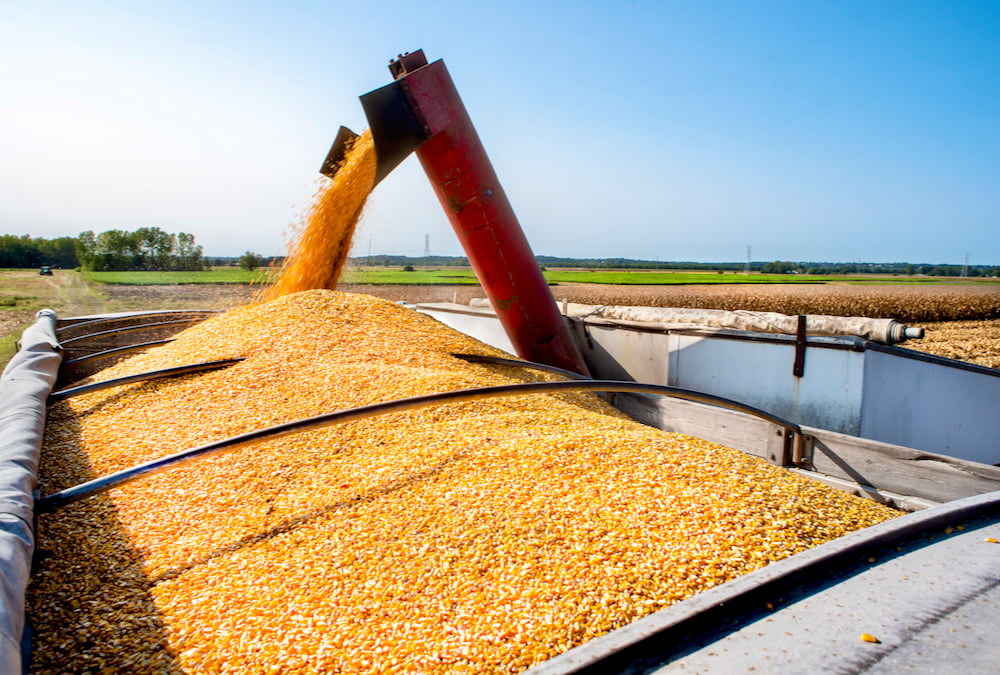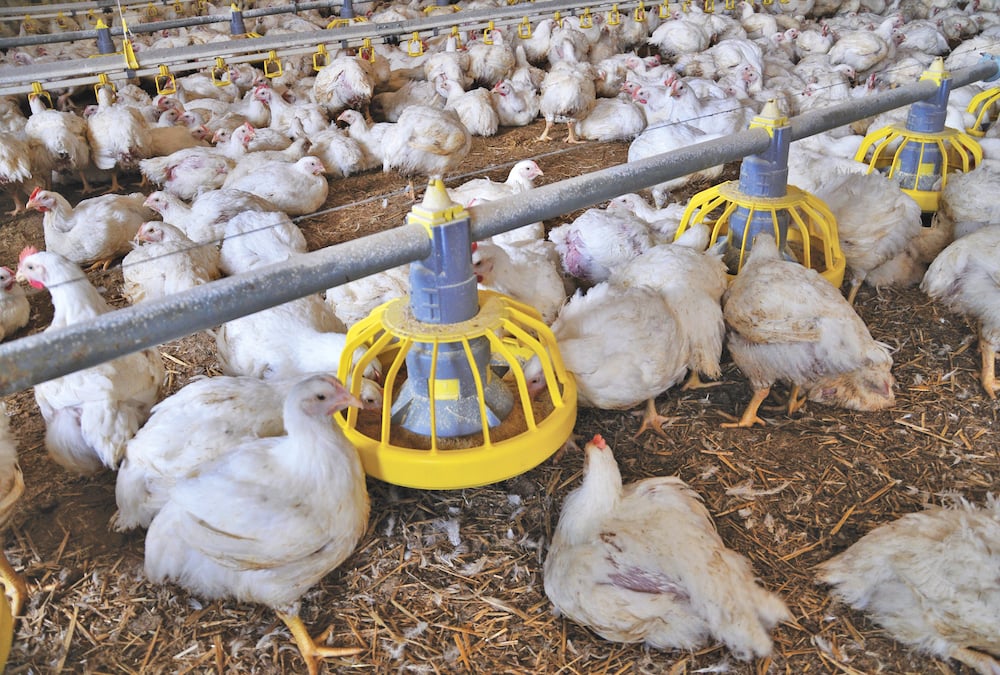Farm groups back away from sustainable ag strategy

Glacier FarmMedia—Agriculture Canada says consultations on its Sustainable Agriculture Strategy will continue even after six major organizations withdrew from the advisory committee last week.
Read Also


H5 avian influenza found in Ontario poultry flock
H5 avian influenza has been confirmed on an Ontario premise in the Municipality of Strathroy-Cardoc. The presence of the virus…
However, with the federal government in disarray after the Dec. 16 surprise resignation of former finance minister and deputy prime minister Chrystia Freeland, the strategy may never see the light of day.
Pundits suggested her resignation, along with several others in recent weeks, indicates non-confidence in prime minister Justin Trudeau, and an election could come sooner rather than later.
Trudeau had not spoken publicly at time of writing.
Freeland resigned just hours before she was to deliver the fall economic statement and days after she said Trudeau asked her to leave finance for another portfolio.
The statement was to be tabled later Dec. 16, but without a speech from the finance minister.
In it, farmers were looking for possible announcements on extended interswitching and capital gains measures.
In the meantime, the Canadian Canola Growers Association, Canola Council of Canada, Cereals Canada, Grain Growers of Canada, Pulse Canada and Soy Canada issued a statement Dec. 16 regarding their concerns about the strategy.
They said Canadian agriculture is already the most sustainable in the world, and the strategy must contain measures that are practical, science-based, market driven and beneficial for the entire sector as well as the environment.
“Together, we have consistently voiced that there is a lack of industry alignment regarding the targets and actions proposed in the SAS. As a result, we have collectively decided to step back from the advisory committee, as the strategy’s direction does not fully represent the interests of our members,” they said.
The organizations also said they would continue to work with the government on market access, research, innovation and supply chain resiliency.
None would comment further.
Annie Cullinan, spokesperson for agriculture minister Lawrence MacAulay, said farmers are facing many climate threats, and customers are looking for quality, sustainable products. She said the six organizations said they will not participate in the strategy at large, not just the advisory committee.
“It’s deeply disappointing that these organizations have chosen to step away from this important initiative,” she said. “Every opportunity was taken by minister MacAulay to ensure the voices of grain and oilseed farmers would be heard loud and clear in the strategy. We will continue to work hand in hand with farm groups who believe in the importance of improving environmental sustainability in Canadian agriculture.”
The strategy is supposed to be a roadmap to balance environmental sustainability, profitability and competitiveness, but consultations began two years ago and the plan hasn’t yet been released.
Also Dec. 16, Canada’s premiers met in Ontario to discuss the country’s approach to the 25 per cent tariffs that U.S. president-elect Donald Trump says he will impose on Canadian goods as soon as he is in office.
The premiers said they are concerned that Freeland’s resignation leaves a hole in the negotiating team.
Alberta premier Danielle Smith said Canadians should go to the polls. She said a prime minister with a four-year mandate would have more clout in the negotiations.
Parliament was set to rise for the holiday break on Dec. 17 and return Jan. 27.
Source: Farmtario.com

